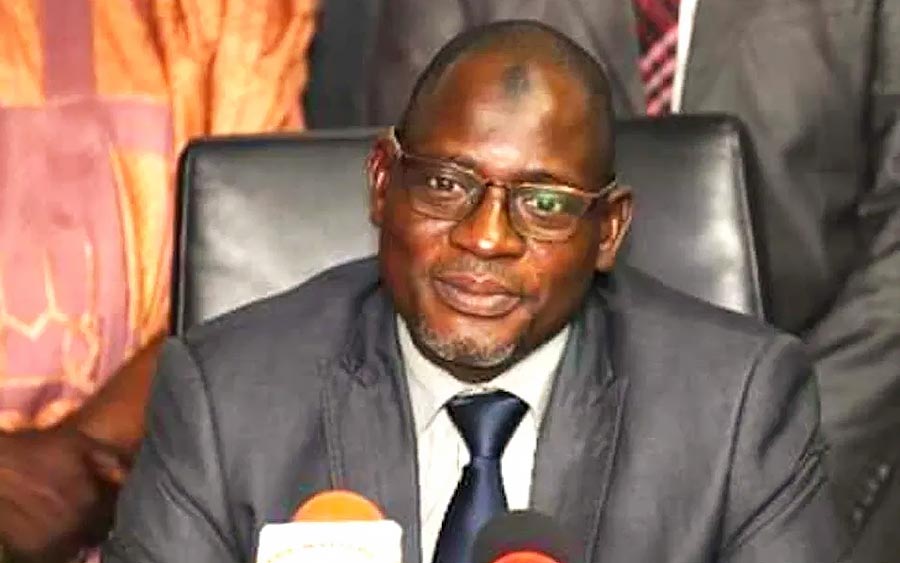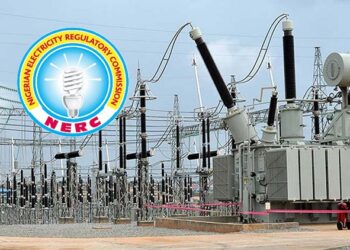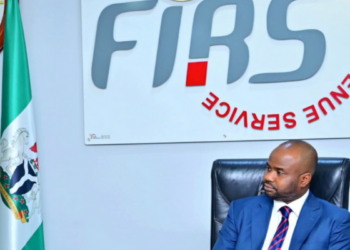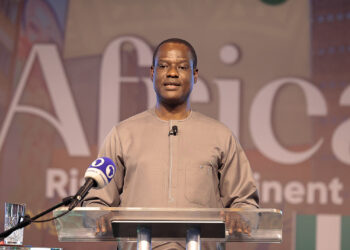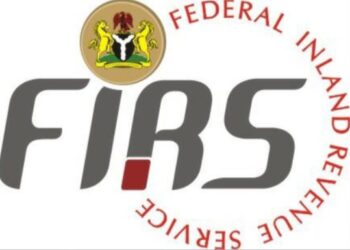Muhammad Nami, the Executive Chairman of the Federal Inland Revenue Service(FIRS) has called for a comprehensive aggregation of revenues generated at the national and sub-national levels in Nigeria.
He said this on Monday at a symposium themed: “Taxation and challenges of external shocks; Lessons and policy options for Nigeria” which was organised by the FIRS in collaboration with Usman Danfodiyo University, Sokoto (UDUS).
According to the News Agency of Nigeria, Mr Nami said the theme of the symposium is very timely and relevant as it puts into consideration policy options for addressing current and future challenges such as Covid-19.
Read: FIRS generates N4.2 trillion revenue between January and September 2021
What the FIRS Chairman is saying
Mr Nami said the aggregation of the generated revenues would enable proper determination and accurate computation of Nigeria’s Tax-to-GDP ratio.
He said one of the recurring issues in Nigeria’s national discourse is the low Tax-to-GDP ratio which is why the national and sub-national revenue sources need to be comprehensively included.
He said the present basis which is used for computing generated revenue, focuses only on the federal tax administration without including revenues generated by states, local governments, agencies, ministries and departments and does not reflect the true Tax-to-GDP ratio.
He said through the ministry of finance, the FIRS must include all government revenues to account for taxes generated to give the correct state of government’s revenue.
Read: FIRS says its 2022 revenue target is N10.1 trillion
Mr Nami added that generated taxes will include the sum invested by taxpayers in the country’s road infrastructure because of the Executive Order 007, tax waivers that were granted to pioneer companies, import and excise duties waived through the operations of the Nigeria Customs and all other revenues generated by MDAs on behalf of the Federal, State and Local governments in Nigeria.
He remarked that the symposium was also meant to review the difficulties faced by the informal sector in Nigeria, saying, “It will also review the challenges of the informal sector which constitutes about 70 per cent of businesses in Nigeria and the reform options available to bring them into the tax net.”
During the symposium, the FIRS formally launched its customer contact centre to enhance tax administration in Nigeria.
“Today’s event is significant because we are also using the opportunity to formally launch the FIRS contact centre. The decision to hold both events today is strategically intended to walk the talk.
Read: Only 41 million Nigerians pay tax – FIRS
“By launching the contact centre at this symposium, we are showing our commitment to not only hold talks on policy options in enhancing tax administration.
“By this we are also putting in place structures to actualise one of our key policy thrusts, which is to build a customer-centric FIRS through effective and efficient taxpayers services,” Mr Nami said.
What you should know
FIRS is the agency responsible for assessing, collecting and accounting for tax and other revenue accruing to the federal government.

